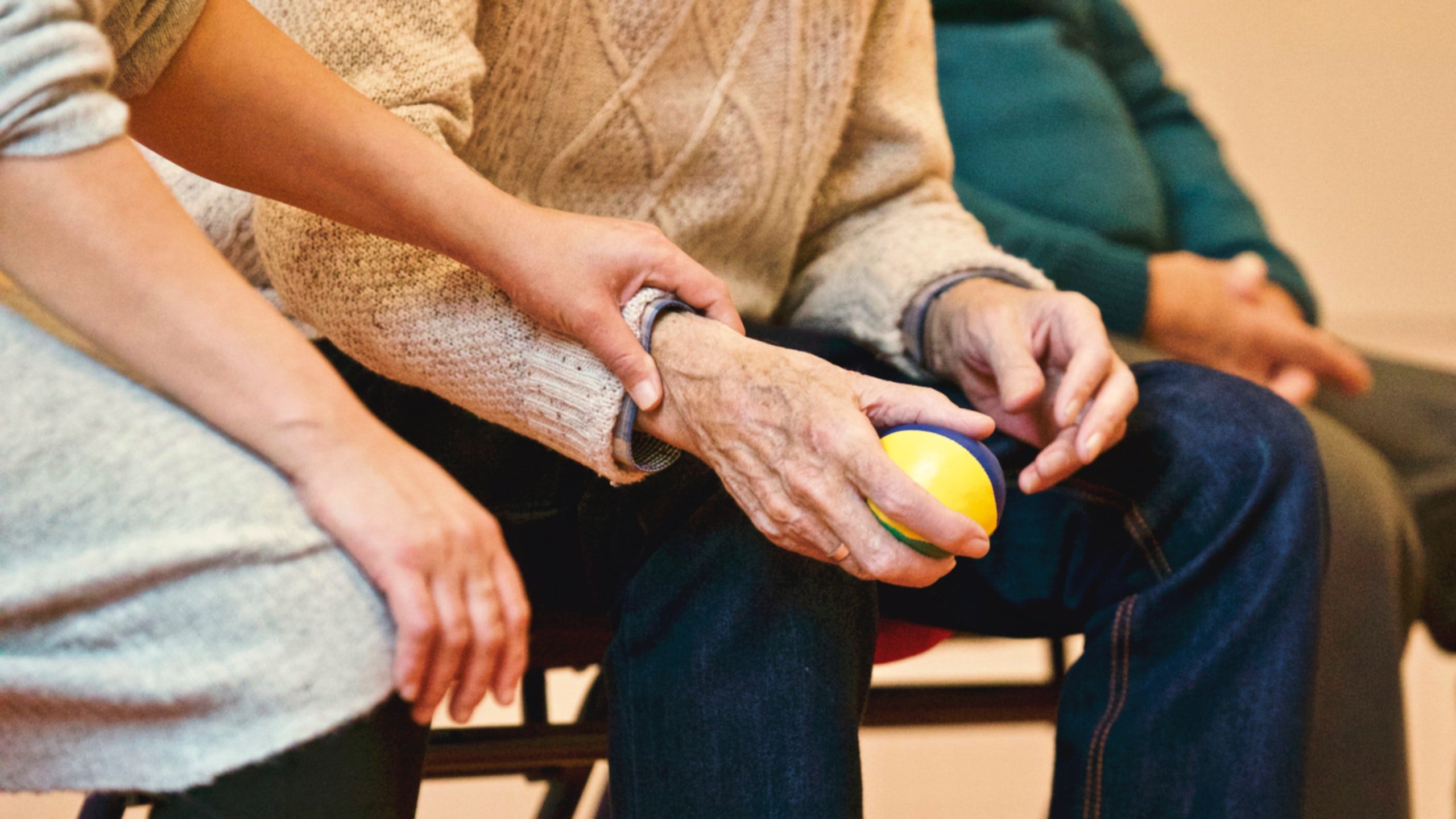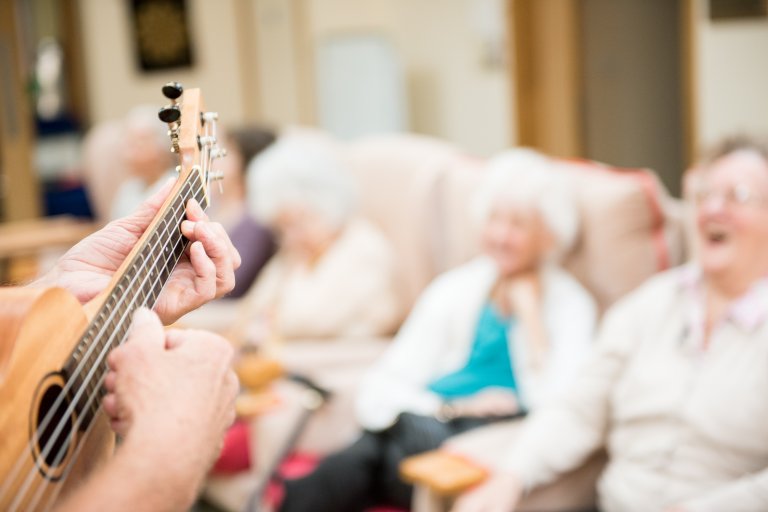Fun-guarding is an enticing and simple concept, which should be considered for every individual, at every stage of life, in every setting.
It sits alongside its better known alter-ego ‘safeguarding’, but these shouldn’t be seen as mutually exclusive.
‘Safeguarding’ may be considered a negative concept that prevents fun, but in making sure that those planning and taking part in activities have considered any risks, safeguarding can enable more people to take part in activities by putting in place appropriate equipment/people/time.
Everyone should have the opportunity to have as much fun as they want, while being aware of any risks.
Each person will have a different threshold of risk that they are willing to accept, and when they don’t have the capacity to weigh this up themselves, their designated decision-maker should be able to convey this on their behalf, and support any caregivers to take the agreed risks to make the desired fun happen!
Five things to consider in fun-guarding:
- Fun is specific to each individual, and should take into account their wishes and personality: though some might thrill to try sky-diving or attend a rugby match, others might delight in a picnic or a game of croquet…or any other of an infinite number of examples that we could offer.
- Fun will vary by setting: what is fun when you’re in good health and living in your own home might no longer be fun – or perhaps be even more fun – when living in a care home, or unwell and in hospital. Conversely, things that weren’t fun before, or that have never been tried, might well become so.
- Fun-guarding relies on a range of people: the person themselves, their family and friends, and the caregivers, to create an environment that facilitates personalised care and the chance to try new and ‘different’ things.
- Identify the ‘funmaker’. In each setting, find the person who makes fun happen. This can be the care home manager, or ward consultant, who encourages fun through policies (e.g. views on alcohol, or animals, or loud music), or the daily caregivers, who can turn a music concert into ‘fun’ with their attitudes encouraging (or discouraging) joining in, dancing, singing, laughing… or the individual and/or their families and friends, who can suggest new and innovative ways of fun-guarding.
- Technology enables fun, allowing us to share ideas, meet virtually and then sometimes in person, and take part in a huge range of fun activities…quizzes, games, concerts, sports, speaking to families and friends, virtually reality allowing otherwise-impossible experiences in time and place. But there’s also a lot of fun to be had with the technology turned off!

